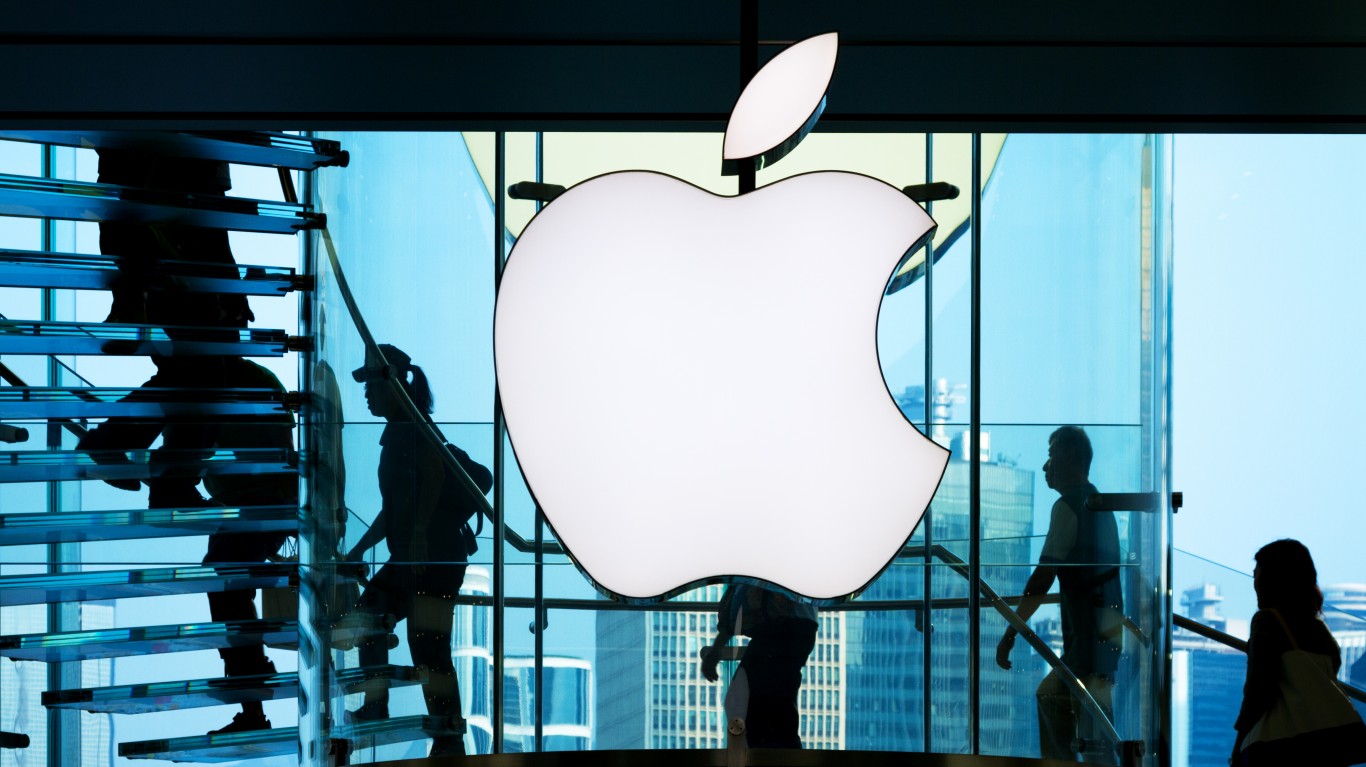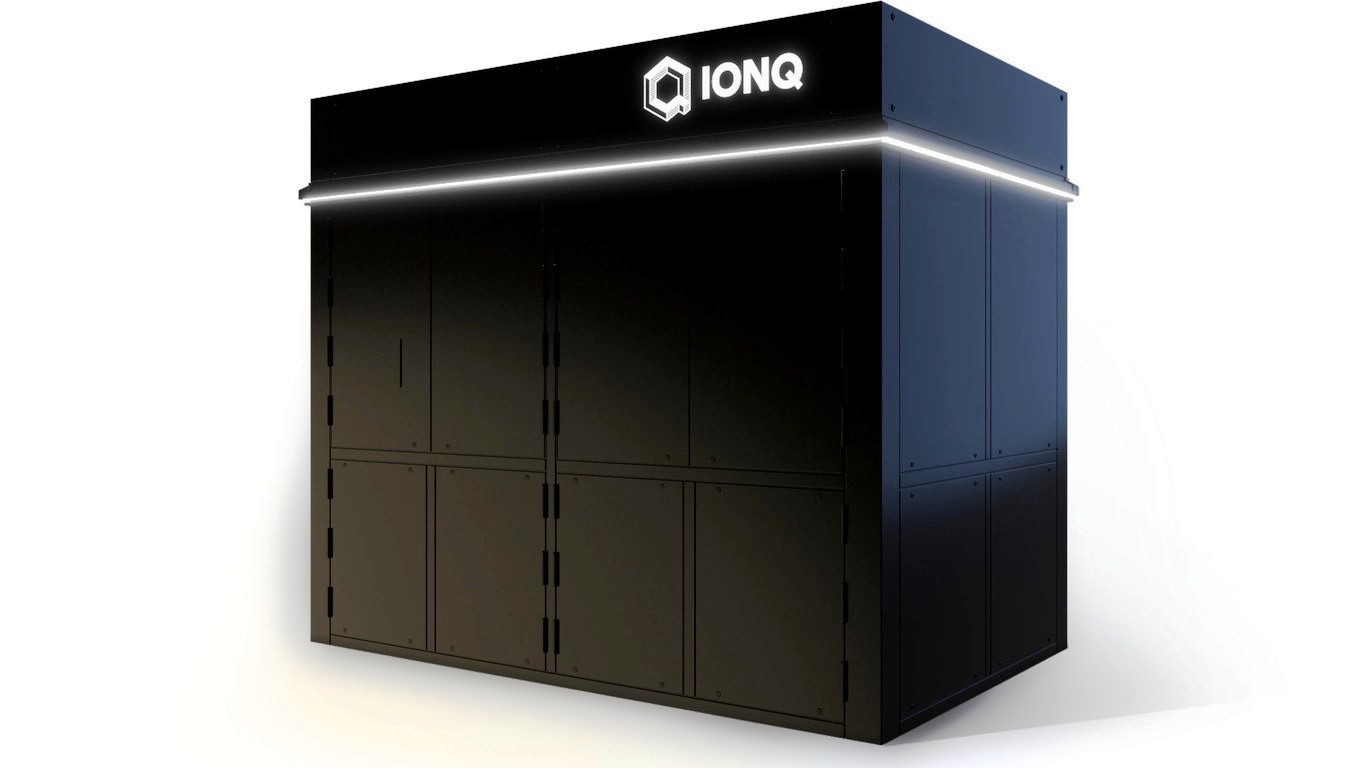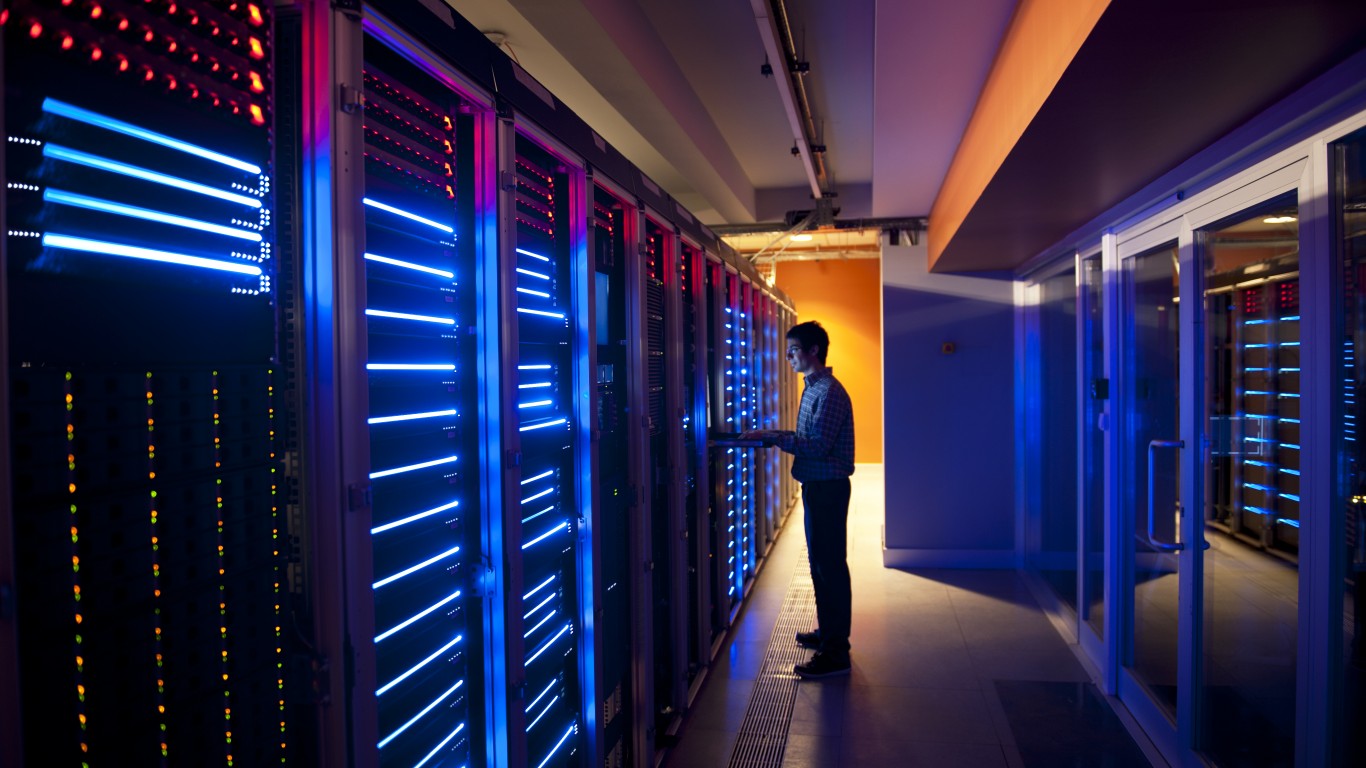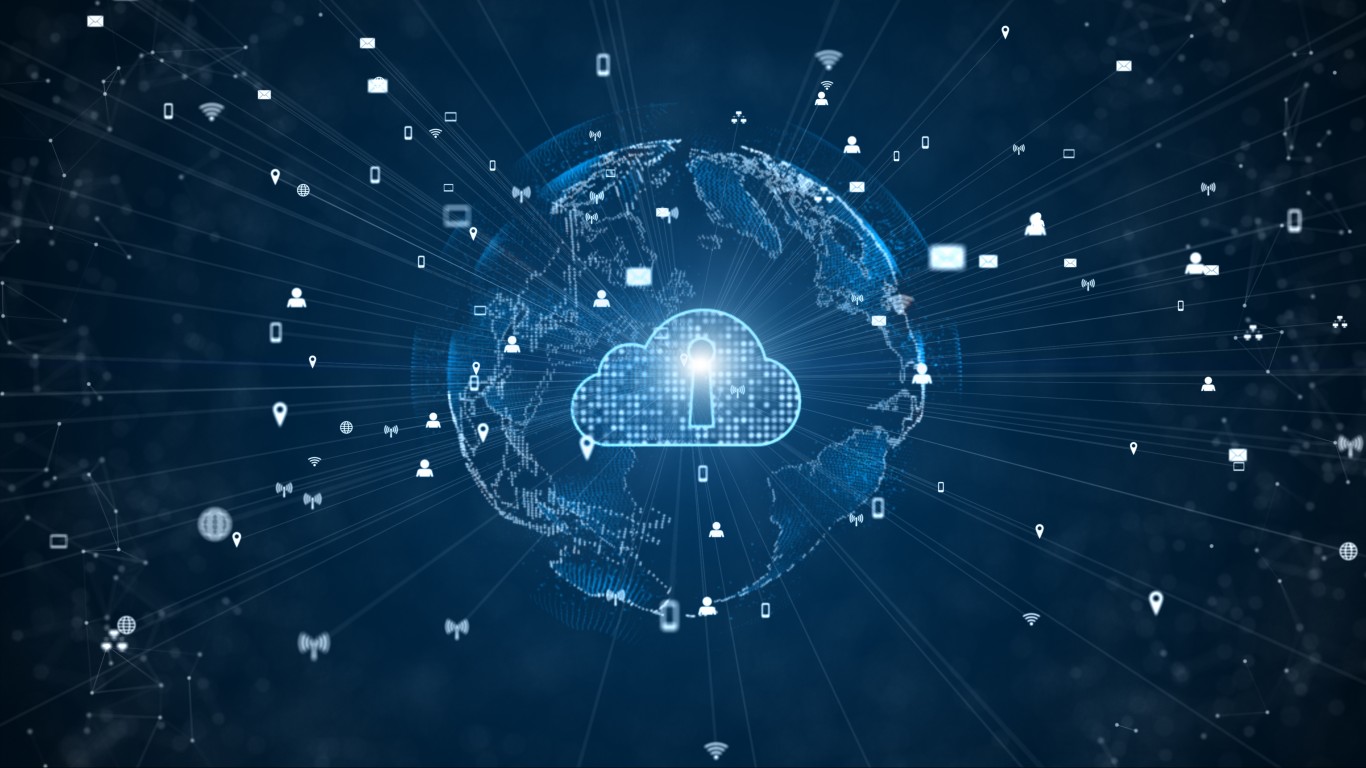
The New York Times on Monday ran a long article on Apple Inc. (NASDAQ: AAPL) and its relationship with China, the Chinese government and the company’s Chinese customers. Vis-à-vis the company’s well-publicized position on privacy in the United States and Europe, Apple’s protection of people’s private data in China is compromised by the government’s demand that it have access to personal data.
[in-text-ad]
Apple is building two massive new data centers in China, and according to the Times, “Apple has largely ceded control [of user data] to the Chinese government.” To keep Apple “on the right side of Chinese regulators,” Apple “has aided government censorship in the Chinese version of its App Store.” To maintain the company’s image as a protector of personal data, Apple CEO Tim Cook “agreed to move the personal data of his Chinese customers to the servers of a Chinese state-owned company.”
The Times notes, however, that the documents it reviewed “do not show that the Chinese government has gained access to the data. They only indicate that Apple has made compromises that make it easier for the government to do so.”
The Times’s report claims that its analysis of the company’s operations in China “found that tens of thousands of apps have disappeared from Apple’s Chinese App Store over the past several years, more than previously known, including foreign news outlets, gay dating services and encrypted messaging apps.”
On Monday morning, a major story broke on Apple’s expected release of lossless audio. Later that day, a company spokesperson responded to a question from The Verge about the ability of Apple’s AirPods Max headphones to playback the lossless music files: “Lossless audio is not supported on AirPods, any model. AirPods Max wired listening mode accepts analog output sources only. AirPods Max currently does not support digital audio formats in wired mode.”
It’s no surprise that wireless AirPods cannot play lossless music. But the wired AirPod Max headphones, which could support lossless playback, don’t currently support the HiFi format. According to The Verge, Apple will need to come up with “some new wireless codec” and “[n]one of that is happening today or by June when Apple Music will start offering lossless.”
Following last month’s splashy announcement of the new high-end iPad Pro, Bloomberg reported that delivery dates for the new devices “already stretch into late June to early July.” The iPad Pro officially goes on sale next week, although the company has been accepting preorders shortly since after the launch announcement last month. The delays are due to the challenge of manufacturing the new miniLED display screens.
Finally, Apple Fellow and former marketing chief Phil Schiller, testified Monday in the trial pitting Epic Games against Apple. Schiller repeated Apple’s claims that the App Store drove $400 billion in “physical purchases” in 2019 from which the company made not one penny. Apple doesn’t take a cut of those sales because the company cannot guarantee that the merchandise actually will arrive. Apple’s $400 billion claim falls into the same category as claims by other industries that their business models spin off millions or billions of dollars in related spending.
Thank you for reading! Have some feedback for us?
Contact the 24/7 Wall St. editorial team.





